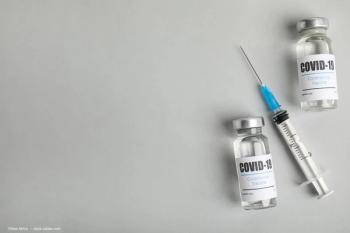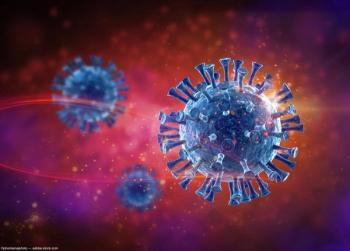
Neutralizing antibodies may suppress COVID-19 virus
Columbia University researchers have successfully isolated antibodies from severely ill, ventilated patients who recovered from COVID-19.
Columbia University researchers have successfully isolated antibodies from severely ill, ventilated patients who recovered from COVID-19. These antibodies are more potent and diverse and may stimulate the immune system more.
David Ho, MD, who was interviewed by Rachel Maddow on July 22, explained
“A number of these antibodies are extremely powerful in neutralizing the virus; 19 of them have shown exquisite potency,” he reported.
Ho is the senior author of the study and the Clyde '56 and Helen Wu Professor of Medicine at Columbia University Vagelos College of Physicians and Surgeons, and scientific director and chief executive officer of the Aaron Diamond AIDS Research Center.
The antibodies are also diverse, he explained, meaning that they target different regions of the spike protein on the surface of the virus.
“We think that these proteins are great candidates to develop into potential therapies as well as potential prophylactic agents,” Ho said.
Interesting, the most potent antibodies were found among the patients who had been the most ill, i.e., those on mechanical ventilation who survived the infection.
“Those who had more virus for a longer period stimulated the immune system to mount a more robust response,” Ho said.
Ho also noted that this scenario also was seen previously in patients with the HIV/AIDS infection, which indicates that when performing work to isolate powerful antibodies, the focus must be on certain patients to obtain these antibodies.
Newsletter
Don’t miss out—get Ophthalmology Times updates on the latest clinical advancements and expert interviews, straight to your inbox.





























